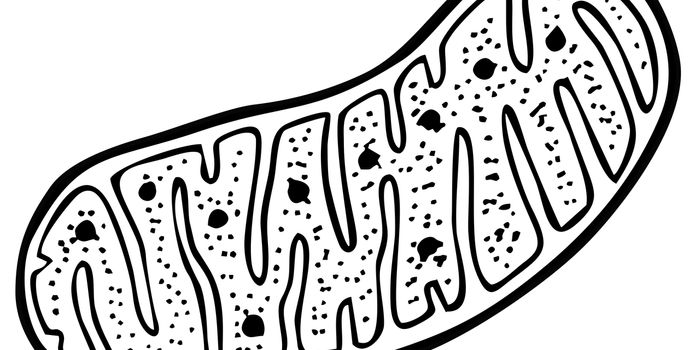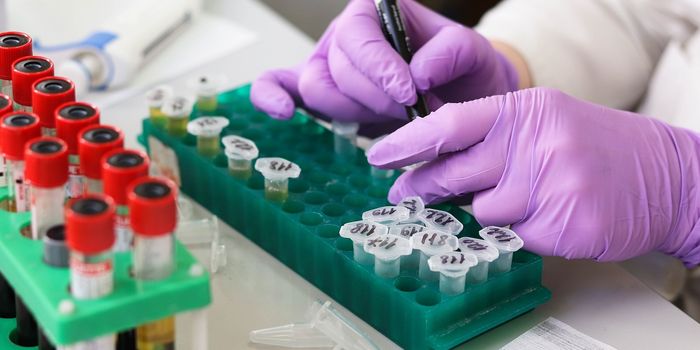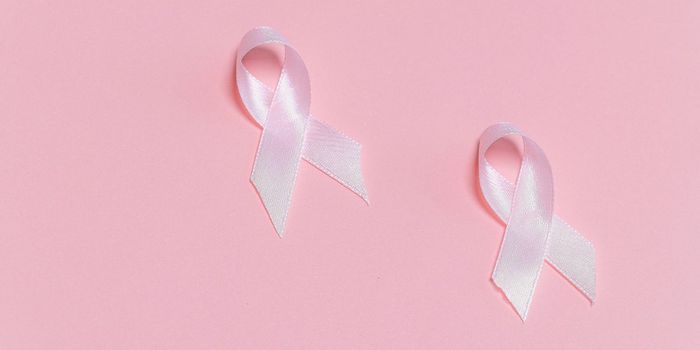Can a face-aging app improve sun protection behavior?
Can a face-aging mobile app improve the skin cancer protection behavior of teenagers? A cluster-randomized clinical trial of 52 school classes with 1573 Brazilian pupils aims to answer that question. Its findings are published in the journal JAMA Dermatology.
Exposure to UV radiation in early life is a risk factor for skin cancer, but it often isn’t the thing that young people are thinking of when they head for the beach - or worse, the tanning bed.
As the authors of the study write, “Melanoma incidence is increasing throughout the world, which results in substantial health and economic burdens. As many as 90% of melanomas are associated with UV exposure, in particular with severe sunburns, and are therefore highly preventable. Studies have shown that daily sunscreen use following international dermatology guidelines may prevent sunburns and/or skin cancer, including melanoma.”
Because melanoma development can be reduced by limiting UV exposure in children and adolescents, the researchers developed the free face-aging mobile app Sunface in order to analyze its impact on the skin cancer protection behavior of adolescents.
The findings from the study show that after 3 to 6 months of using Sunface, adolescents in the targeted intervention group showed improvements in sunscreen use, tanning behavior, and skin self-examinations, compared to those students in the nonintervention group.
“Results showed that daily sunscreen use increased from 110 of 734 pupils (15.0%) to 139 of 607 (22.9%) at the 6-month follow-up in the intervention group. The proportion of pupils performing at least 1 skin self-examination in the intervention group rose from 184 of 734 (25.1%) to 300 of 607 (49.4%). Use of tanning decreased from 138 of 734 pupils (18.8%) to 92 of 607 (15.2%). No significant changes were observed in the control group. The intervention was more effective for female students.”
These findings suggest that interventions like the face-aging app Sunface may be useful in improving skin cancer protection behavior in Brazilian youth. The authors hope that such behaviors will decrease skin cancer risk and melanoma development.
Sources: JAMA Dermatology, Eureka Alert









